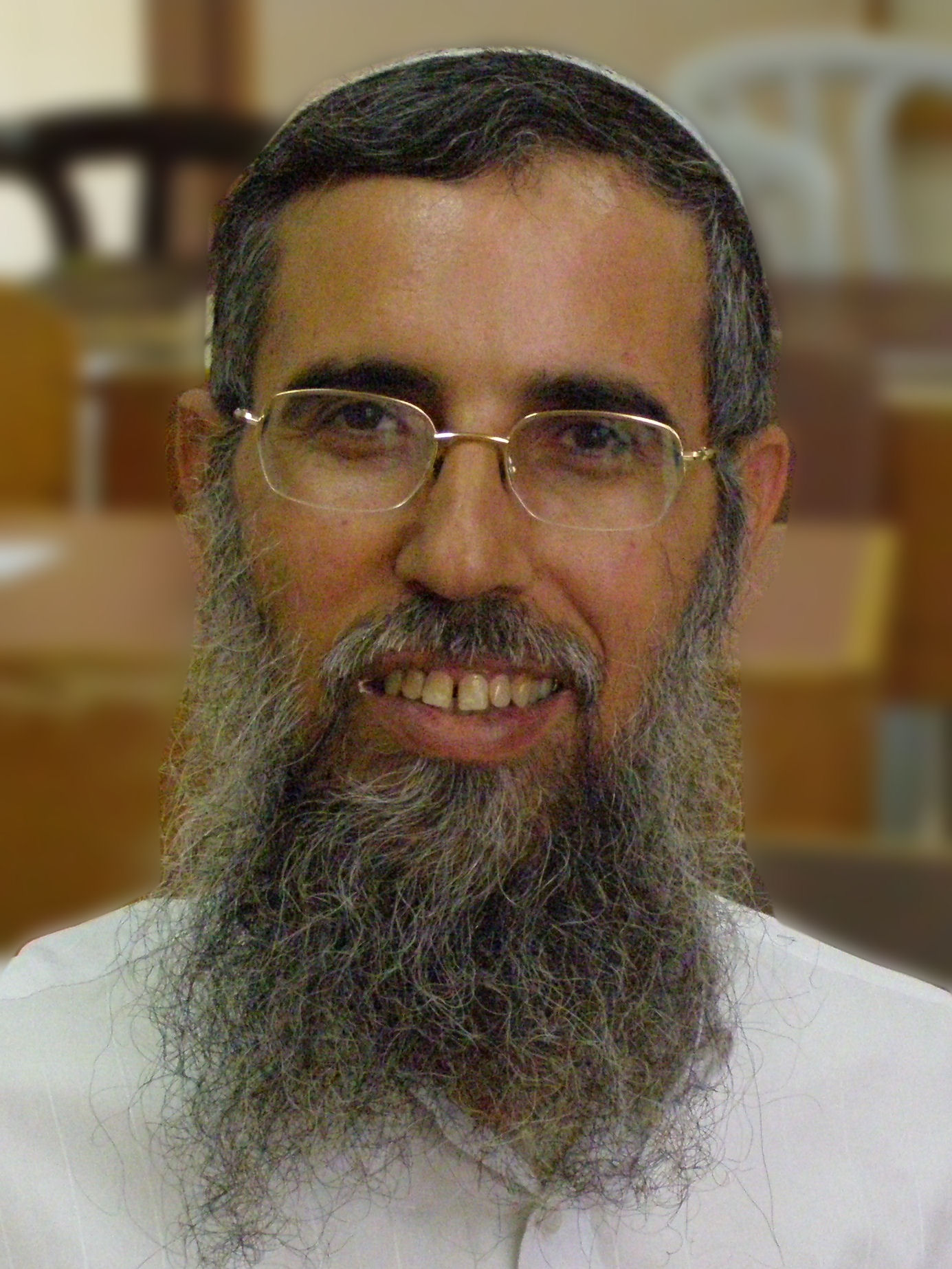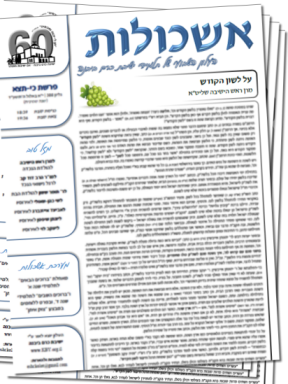Journeys in the Past and the Future
By: Rav Sharon Yust
Parshat Masei, opens with a description of the forty-two journeys of Am Israel, beginning with the Exodus from Egypt and culminating on the plains of Moav. Our Rabbis the Rishonim have been tasked with explaining the length of the description of these journeys.
Rashi says, in the name of Rabbi Moshe Ha-Darshan, that the purpose was to proclaim HaShem's kindness to Israel, that in spite of the fact that it was decreed upon them that they would wander in the desert 40 years, most of the journeys were in the first year and the last year, and twenty journeys were spread over 38 years, so most of the time they dwelled in stable habitations.
The Ramban quotes the Rambam, who says that the value of mentioning all these places is in order to instill in us the faith in all the miracles which occurred in the desert over 40 years, for example the manna from Heaven and the well which went with them from place to place, in order that we should not think that the years of our wanderings in the desert were dependent on natural occurrences.
When we look into the list of journeys, we can discern two things:
1. Four places where events occurred.
2. Major events which were deleted from the list.
Regarding Ramses (Ch. 33:3-4) the Torah details the Exodus from Egypt, the plague (killing) of the first-born and the breaking of the idols of Egypt. In Eilim (verse 9) we are told about twelve springs of water and seventy palm trees. About Refidim (verse 14) we hear that there was a lack of water. And at Hor HaHar (verse 38) the death of Aharon is recounted.
On the other hand, the splitting of the Red Sea is hardly mentioned ("and they passed through the sea to the desert" - verse 8), and other events are not mentioned at all: the complaints at Marah and Midbar Zin, the sin of the calf, the sin of the complainers (the sin of the cravers was only hinted at), the sin of the spies, Korach and his congregation, the complaints about water after the death of Miriam, the complaints on the journey after the death of Aharon and the sin at Ba'al Pe'or (perhaps there is an allusion to this in the words of Rashi on the beginning of Chumash Devarim - that the rebukes were not said explicitly and out loud).
We can say that at this point of Am Israel's progress toward entering the Land it wasn't appropriate to recall the sins of the past, only to sharpen the lessons to be learned from them for the future.
Corresponding to Ramses, where B'nei Israel saw the worthlessness of idol worship, they were commanded later: "And you will drive the dwellers of the land from before you and you will destroy their place of worship, etc." (Bamidbar 33:52)
Corresponding to the twelve springs of water, B'nei Israel were directed to preserve the uniqueness of each and every tribe. In spite of the unity befitting Klal Israel, each tribe must keep its distinctiveness, as it says further: "And an inheritance shall not pass around from one tribe to a different tribe." (Bamidbar 36:9)
The seventy palm trees are the seventy sages of the Sanhedrin. They are the highest halachic authority, regarding even the most severe issues: the death penalty: "And the killer will not die until he stands before the assembly for judgment etc. And the assembly will judge etc. And the assembly will save him etc." (Bamidbar 35:12, 24-25)
The death of Aharon HaCohen comes to emphasize the importance of the Cohen Gadol: "Who was anointed with the anointing oil" (Bamidbar 35:25) and the uniqueness of the tribe of Levi: "and they will give the Levites cities to dwell in from their portion of their inheritance." (Bamidbar 35:2)
The miracles of Egypt and the command to always remember them come to remind us of the hidden miracles, as the Ramban says at the end of Parshat Bo. And apparently the repetition of the miracles of the desert come to strengthen, in the generation of the "settlers" the clear knowledge that even though from now on we will almost never see miracles so great as to overcome the laws of nature, nevertheless we must remember at every moment that just as HaShem split the sea, spread the quails and brought up the well, etc. so it is He who give us strength to act with valor. "Let us be strong and fortify ourselves for our nation and for the cities of our Lord, and HaShem will do the good in His eyes." (2 Shmuel, 10:12)
Shiur ID: 9436
Do you have a comment or question on the shiur?
Comment below and we'll join the discussion
Add your comments:

.jpg)



.jpg)
